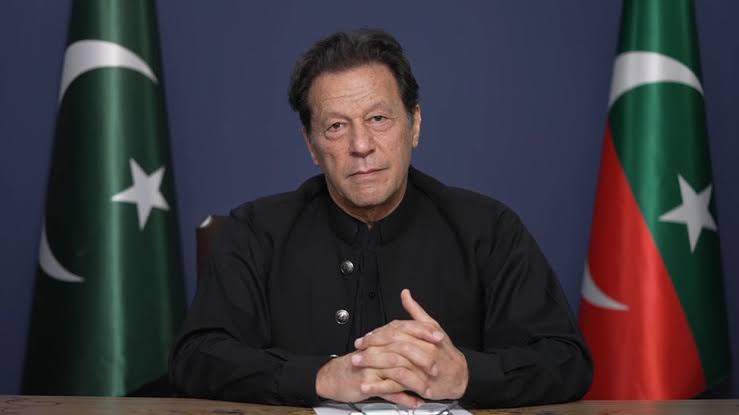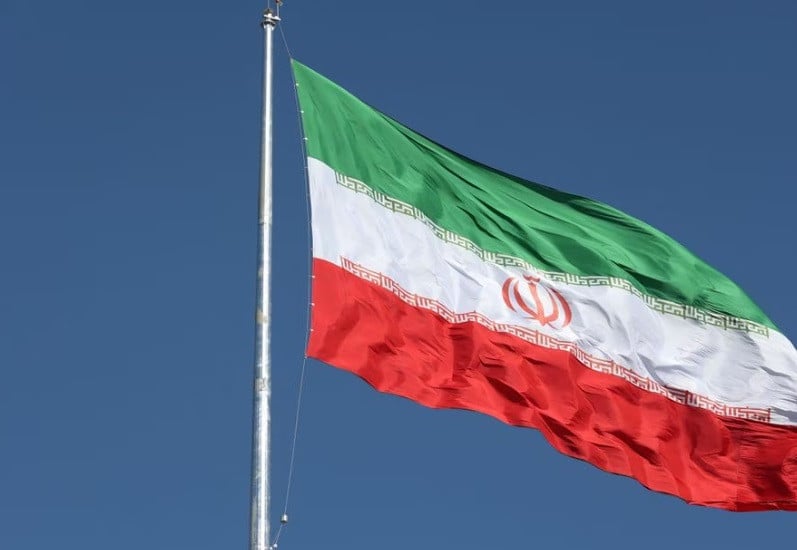In a startling revelation, a recent report by The Intercept, a prominent United States-based news outlet, has brought to light the alleged existence of a confidential diplomatic “cypher” that raises questions about the involvement of the US administration in the removal of former Pakistani Prime Minister Imran Khan from power. The purported cable indicates that a high-ranking US official communicated to a Pakistani diplomat that Khan’s removal would be met with forgiveness. The timing of this revelation, amidst Khan’s ongoing legal battles and political exclusion, has reignited debates surrounding his downfall.
The Alleged Cypher and US Intentions
The leaked diplomatic cable, known as a “cypher,” was reportedly exchanged between Pakistan’s then-ambassador to the US, Asad Majeed, and Donald Lu, the Assistant Secretary of State for the Bureau of South and Central Asian Affairs. The conversation, which took place on March 7 of the previous year, is said to have followed Khan’s visit to Moscow on February 24, coinciding with Russia’s invasion of Ukraine. According to The Intercept, Lu expressed concerns about Khan’s trip to Russia and Pakistan’s perceived stance of “aggressive neutrality” regarding the Ukraine conflict.
Lu’s alleged words, “I think if a no-confidence vote against the prime minister succeeds, all will be forgiven in Washington because the Russia visit is being looked at as a decision by the prime minister,” have ignited debates about whether the US administration harbored intentions to influence Khan’s removal from power.
Khan’s Reactions and Ongoing Legal Battles
Khan, who was ousted from office in April 2022 following a no-confidence vote, initially asserted that he was privy to the existence of the “cypher” during his tenure. He accused the US of conspiring with his political adversaries and the Pakistani military to orchestrate his downfall. While he later altered his stance to express a desire for improved US relations, he continued to implicate his successor, Prime Minister Shehbaz Sharif, and the military in engineering his removal.
Khan’s political journey took a new twist as he found himself convicted on corruption charges by an Islamabad court, leading to a three-year prison sentence and a five-year ban from political activities. He has persistently denied these charges, contending that they are aimed at thwarting his participation in the upcoming elections anticipated later this year.
Diverse Reactions and Echoes of Interference
The Intercept’s report has elicited a range of reactions from both Pakistani and US officials. US State Department spokesperson Matthew Miller dismissed the alleged cable as not reflecting the US taking a position on Pakistan’s leadership, emphasizing that the US had consistently expressed concerns about Khan’s Russia visit. On the Pakistani side, the foreign ministry has yet to issue an official statement on the report.
Rana Sanaullah, former interior minister of Pakistan, questioned the authenticity of the report on social media and called for an investigation to ascertain its credibility. Conversely, a former Pakistani diplomat anonymously suggested that while the “cypher” might comment on Pakistan’s internal policies, it might not indicate a broader conspiracy.
The disclosure of the alleged diplomatic “cypher” has sparked fresh debates about the extent of US involvement in the ousting of former Prime Minister Imran Khan. As Khan navigates legal challenges and political exclusion, the report’s revelations have amplified discussions on foreign influence, internal policies, and the balance between sovereignty and international relations. The Intercept’s exposé raises pertinent questions about the complex dynamics at play in shaping the political landscape of Pakistan.
















